Former Kaduna State Governor Nasir El-Rufai’s recent shift from the All Progressives Congress (APC) to the Social Democratic Party (SDP) on March 10, 2025, has set off a firestorm of political discourse and critique across Nigeria’s political spectrum. Citing disillusionment with the APC’s direction, El-Rufai’s move has elicited a range of reactions—from party loyalists and opposition voices to analysts—revealing deep divisions over his motives and its implications.
El-Rufai justified his exit from the APC by pointing to the party’s drift from its original ideals, accusing its leadership of stifling internal democracy and sidelining members. He claimed the APC had failed to deliver on the promises that propelled it to power, expressing a desire to unite opposition forces for future elections. However, the APC countered sharply, with National Publicity Secretary Felix Morka dismissing the defection as a desperate bid for relevance. Morka suggested El-Rufai’s criticisms were fueled by bitterness over his failed ministerial bid under President Bola Tinubu, framing the move as a personal rather than principled stand.
Within the SDP, El-Rufai’s arrival has stirred both optimism and unease. Some party leaders view him as a heavyweight capable of boosting the SDP’s profile, while others, including the SDP Youths and Supporters Coalition, reject him as a potential disruptor with an autocratic streak. The party’s 2023 presidential candidate, Adewole Adebayo, offered a measured take, praising El-Rufai’s capabilities but cautioning against his political baggage.
Critics outside the SDP echo similar concerns. Adnan Mukhtar Tudunwada, a former PDP state assembly aspirant, argued that El-Rufai’s defection stemmed not from a commitment to the masses but from frustration over his waning influence in the APC. Tudunwada questioned the sincerity of El-Rufai’s past advocacy for southern power rotation, suggesting his attacks on Tinubu’s administration only emerged after his ambitions were thwarted. He warned that El-Rufai’s vision of an opposition alliance might prioritize self-interest over a genuine challenge to the APC, casting doubt on his leadership in such a coalition.
The defection has also sparked speculation about broader political realignments. SDP National Chairman Shehu Musa Gabam hinted at an impending wave of defections from the APC, with names like Kayode Fayemi and Rauf Aregbesola surfacing—though Fayemi has publicly reaffirmed his loyalty to the APC. Meanwhile, some of El-Rufai’s allies, like former APC National Vice-Chairman Salihu Lukman, lament the timing of his exit, fearing it could undermine efforts to forge a unified opposition by 2027.
El-Rufai’s move remains a polarizing flashpoint. He casts himself as a reformer seeking to rally the opposition for good governance, yet detractors see it as a calculated play for political survival rooted in personal grievances. As Nigeria approaches its next election cycle, his defection could reshape alliances, but its ultimate impact—whether a boon for the opposition or a fleeting gambit—hangs in the balance.

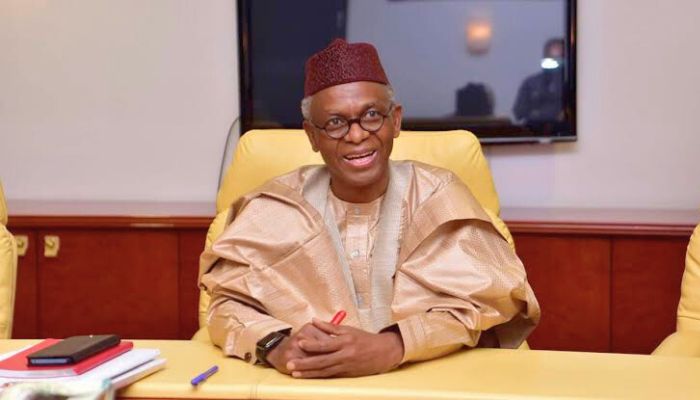

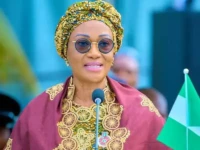
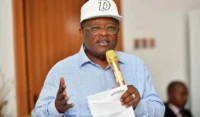
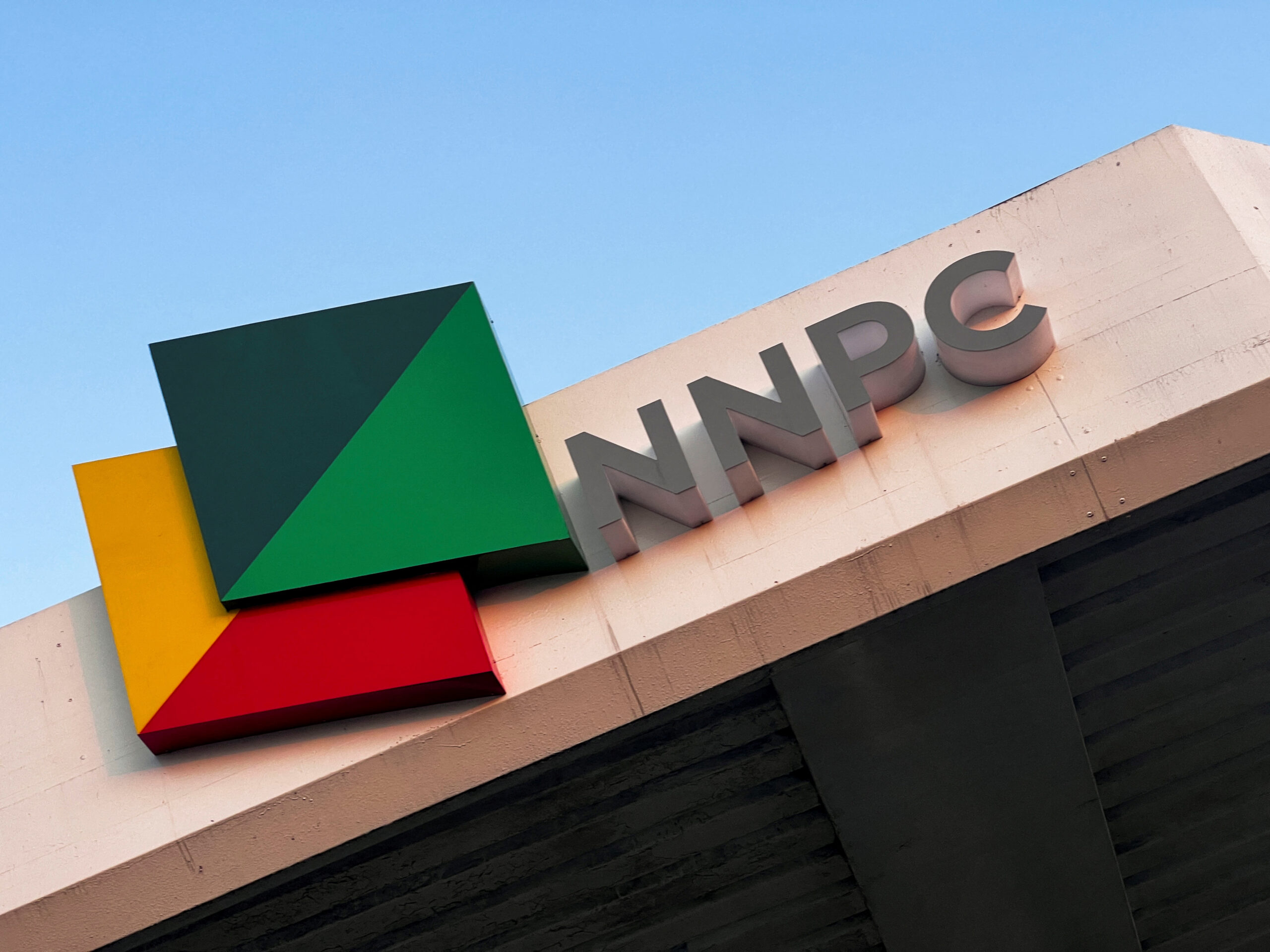
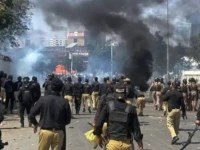

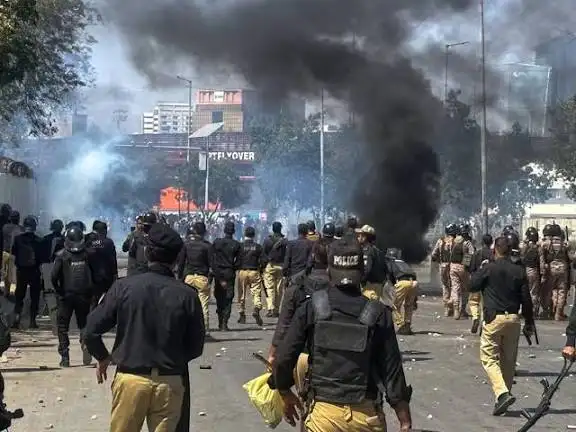
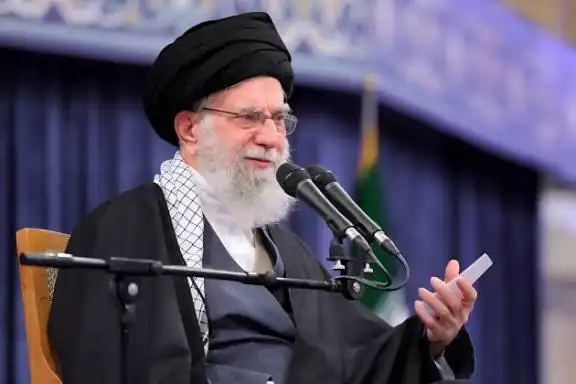
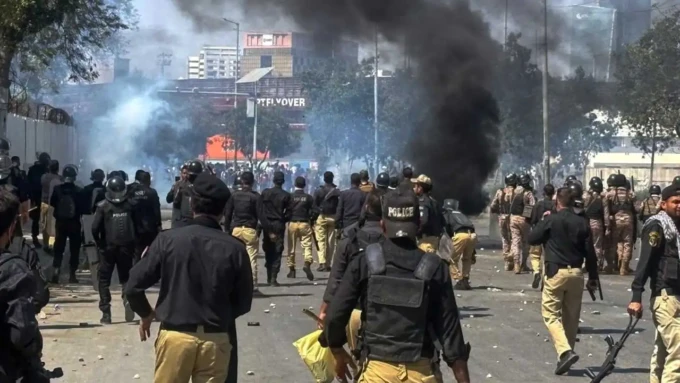

I think its all about ambition! El-Rufais move to SDP seems like a strategic political move rather than a principled decision.
I think El-Rufais move to SDP is more about ambition than principle. Its politics, after all. What do you all think?
Is El-Rufais defection a strategic move or a betrayal of principles? Let the debate begin! #Politics #SDP #Nigeria
El-Rufais move to SDP is stirring the pot! Ambition or principle? What do you think? Lets dive into this juicy debate!